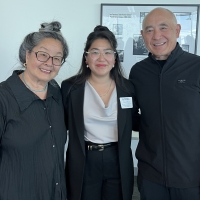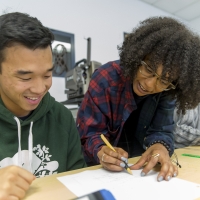Ride-hail drivers face many of the same problems that have existed since the invention of the automobile, according to a new book by two Women and Gender Studies professors from San Francisco State University. While drivers’ struggles to make a living wage have generated much fanfare and legislation in the last decade, age-old stereotypes also dominate the occupation of those who drive passengers from one place to another.
Julietta Hua and Kasturi Ray wrote “Spent Behind the Wheel: Drivers’ Labor in the Uber Economy” (University of Minnesota Press) after observing a correlation between the boom of the tech industry and the growing wealth inequality in the Bay Area following the 2007 – 2008 financial crisis. SF State’s Office of Research and Sponsored Programs and George and Judy Marcus Funds provided grants to support the book.
“We have seen, to our dismay, the growth of gig workers being drawn from populations that are historically marginalized,” Ray said. “The work conditions under the new gig economy were not that new after all. It is something that racialized men have experienced in the U.S. throughout history.”
Deeply rooted stereotypes persist about the danger of the immigrant male driver transporting other people, they found.
“A city council person actually characterized taxi drivers as potentially raping your wives and daughters,” Hua said. “In the labor world, I don’t think people have necessarily thought about how the gendering of drivers is an important component of keeping drivers in low-wage situations.”
Drivers and judges both pointed out to Hua and Ray that non-white gig workers receive an exorbitant amount of parking tickets and traffic violations.
The difficulty of using the bathroom has been linked to high rates of cancer and other diseases among taxi drivers, a Columbia University study found. Businesses are more likely to deny men of color the use of public restrooms, Hua and Ray said.
“They’re racialized back into the servant class, where you’re not supposed to have a body; you’re just supposed to drive and meet your fill,” Ray said. “In that way, gender, race, nationality, class and privilege are seen so clearly in the health risks that taxi drivers are taking for us every day.”
Hua and Ray researched the book through firsthand interviews with drivers, labor organizers and members of licensing commissions. They also pored over case law, scholarly publications, social media posts, public meetings from municipal taxi commissions and media coverage. They spent a great deal of time with the New York Taxi Workers Alliance and spoke to former Uber, Lyft and cab drivers in the Bay Area.
Their analysis is based on a feminist perspective, and their scholarly interest in labor. Combining their respective expertise in sex work and domestic work, they define taxi and ride-hail drivers as “reproductive laborers.” In other words, the job involves attending to another person’s needs and wants, similar to a housekeeper or nanny. Unlike most other “reproductive labor” jobs that have been “feminized,” professional passenger drivers have traditionally been men of color, predominately immigrants.
These nuanced issues are something to be mindful of when getting a ride.
“Understand you are in someone’s workplace and very well might be their home,” Ray said. “Make your expectations in accordance with workers’ lives. Support drivers’ fights for dignity because it affects you.”
Hua added: “This is really about not taking for granted and fairly compensating people’s labor. Support minimum wage laws — like the Fight for $15 to raise the national minimum wage — and other efforts that try to raise the working conditions of all people.”
Learn more about the Women and Gender Studies Department at SF State.
College of Liberal & Creative Arts Funding Initiatives
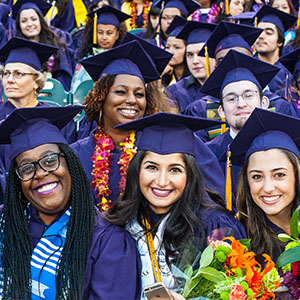
Scholarships
Scholarships provide much-needed support to students to defray the cost of attending the University.
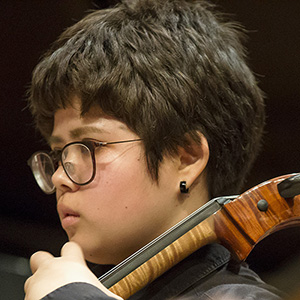
Ensemble-in-Residence (Alexander String Quartet)
The ASQ is a world-renowned chamber music group that provides artistic distinction to the College.
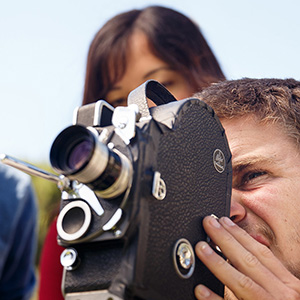
Documentary Film Institute
DocFilm connects students to professionals in the field and offers faculty development, forums, and exhibitions.
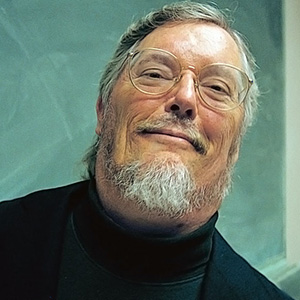
Longmore Institute on Disability
The Institute showcases the expertise, creativity, and value that people with disabilities bring to society.

The Queer Cinema Project
QCP connects academic, cultural, and political perspectives, fostering exchange between emerging and established filmmakers.
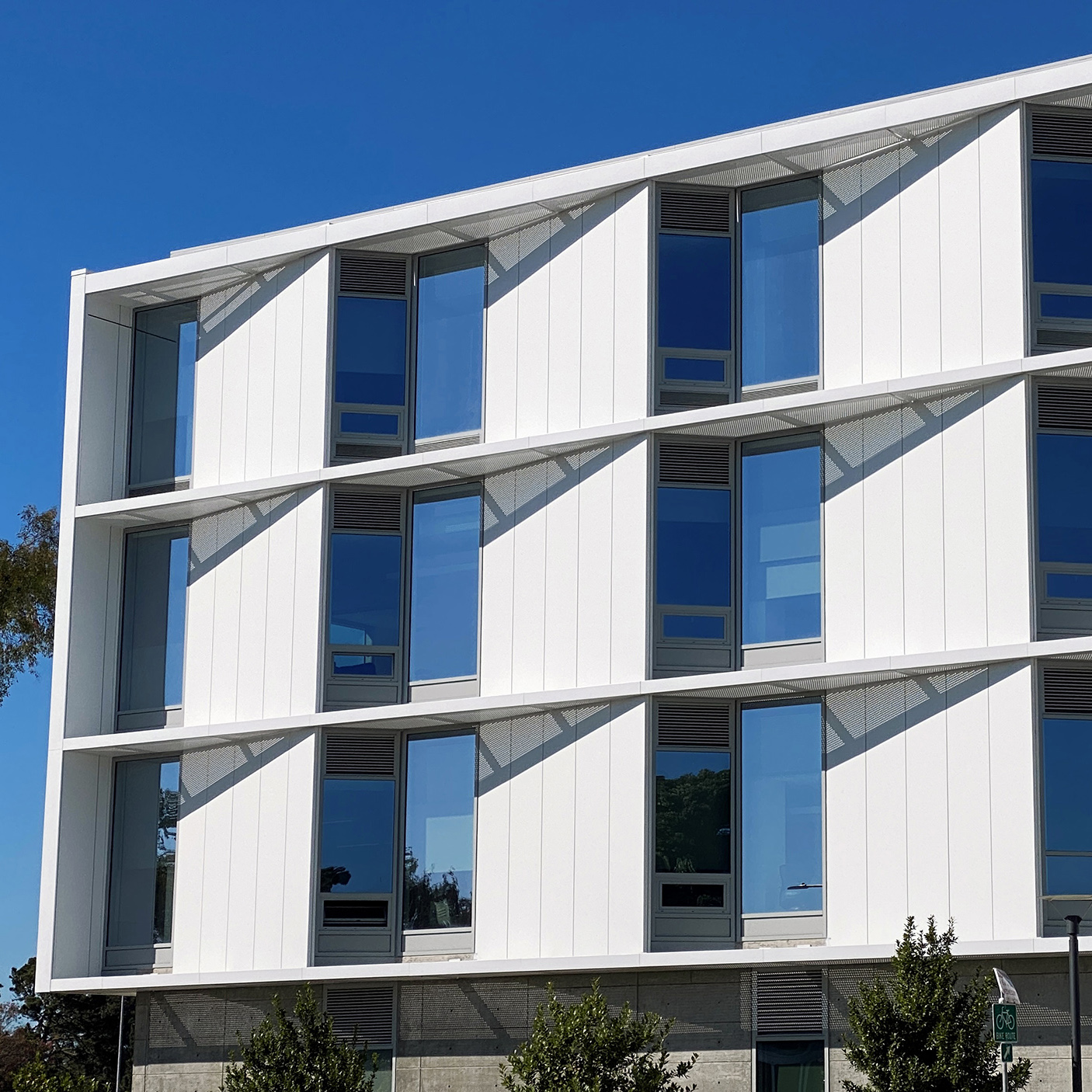
Marcus Hall
Learn more about the first academic building to be built on the SF State campus in 25 years.



